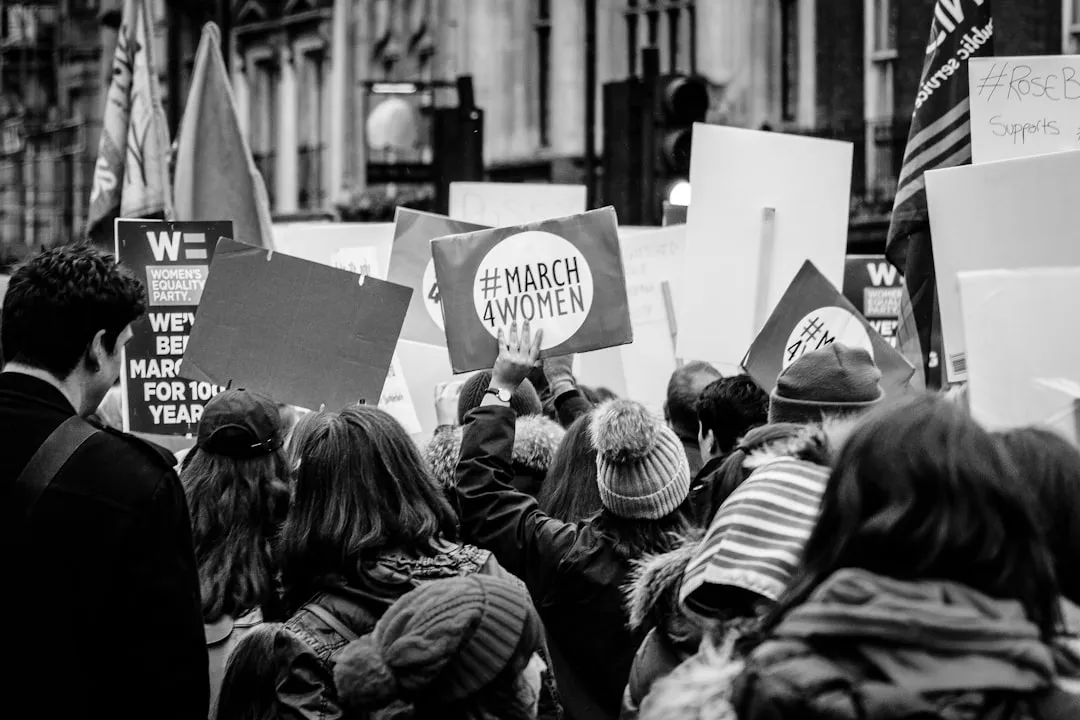Introduction: The Call for Action
In December 2015, nearly 200 nations came together in the majestic city of Paris to forge a groundbreaking agreement aimed at combating climate change. The air was thick with hope and urgency as world leaders, scientists, activists, and citizens alike rallied around a common cause: the need for a more sustainable future. The Paris Climate Treaty, as it has come to be known, represents a significant step towards global commitment, showcasing an unprecedented level of cooperation among nations that had previously struggled to find common ground on environmental issues. As we delve deep into the implications and developments of this treaty, it becomes clear that its significance extends far beyond its initial signing—it is a clarion call for action in an increasingly warming world.
The Framework of the Paris Treaty
Key Objectives
The Paris Agreement is built on several core principles that aim to limit global warming to well below 2 degrees Celsius above pre-industrial levels, with aspirations to cap the increase at 1.5 degrees. This ambitious goal is rooted in the scientific consensus that a warmer planet will lead to catastrophic climate events, threatening ecosystems, economies, and communities worldwide.
Nationally Determined Contributions (NDCs)
One of the unique aspects of the treaty is its use of Nationally Determined Contributions (NDCs). Each country is tasked with setting its own targets for reducing greenhouse gas emissions, allowing for flexibility based on individual circumstances and capacities. This bottom-up approach fosters accountability and encourages nations to be ambitious in their climate commitments.
Recent Developments: A Year in Review
COP26: A Turning Point
Fast forward to November 2021, the 26th UN Climate Change Conference of the Parties (COP26) took place in Glasgow, Scotland. This summit was critical in assessing the progress of the Paris Agreement and addressing the urgency of climate action. Countries were called to revisit their NDCs, with many unveiling more ambitious targets. For instance, the United States announced a goal to halve its emissions by 2030, while India committed to reaching net-zero emissions by 2070.
The Role of Emerging Economies
Emerging economies, while historically less culpable in global emissions, face unique challenges in balancing development with sustainability. Countries like Brazil and China have come under scrutiny for their reliance on fossil fuels. There have been efforts to encourage these nations to adopt greener technologies, with promises of financial assistance and technology transfer from developed nations. The recognition that climate change is a global issue rather than one confined to industrialized nations is pivotal to the treaty’s framework.
The Emotional Landscape: Voices from the Frontlines
Activists and Young Leaders
The urgency of the climate crisis has galvanized a new generation of activists. Figures like Greta Thunberg and youth-led movements such as Fridays for Future have become symbols of a burgeoning environmental consciousness. Their ongoing campaigns remind us that climate change is not an abstract issue but a daily reality that disproportionately affects vulnerable populations. The emotional weight of their stories adds depth to the narrative surrounding the treaty—a push for accountability not just among governments, but among individuals who hold the power to influence change.
Indigenous Perspectives
Indigenous communities worldwide play a crucial role in environmental stewardship, often being the first to bear the brunt of climate impacts. Their wisdom regarding sustainable practices and deep connections to the land are increasingly recognized in discussions about climate action. By amplifying their voices in the context of the Paris Agreement, we acknowledge the importance of inclusivity in the global climate dialogue.
Implications for Future Generations
Environmental Justice
The Paris Climate Treaty is not just about emissions and temperatures; it is also about equity and justice. The impacts of climate change are not felt equally, with marginalized communities facing the highest risks. As countries work to implement the treaty's goals, the concept of climate justice becomes paramount. Efforts to create policies that prioritize the needs of these communities will shape the legitimacy and effectiveness of the treaty moving forward.
Economic Transformation
Transitioning to a low-carbon economy presents both challenges and opportunities. The shift towards renewable energy sources, such as solar and wind, is not just an environmental imperative but a potential economic boon. Investments in green technologies can create jobs, stimulate innovation, and lead to the emergence of new industries. Countries that embrace this transition stand to benefit economically while also adhering to their commitments under the Paris Agreement.
The Road Ahead: Challenges and Opportunities
Political Will and Global Cooperation
Despite the progress made, the road ahead is fraught with challenges. Political will is crucial for the success of the Paris Agreement. Countries must navigate domestic pressures and lobbying from fossil fuel industries while maintaining a commitment to climate action. The urgency of the situation demands an unprecedented level of global cooperation and collaboration.
The Role of Technology
Advancements in technology play a significant role in achieving the goals of the Paris Agreement. From carbon capture and storage to innovative renewable energy solutions, technology has the potential to drive significant change. Continued investment in research and development will be essential in unlocking these solutions and ensuring that they are accessible to all nations, particularly those most affected by climate change.
Conclusion: A Collective Responsibility
As we unpack the Paris Climate Treaty, it becomes evident that it is more than just a legal document; it is a collective responsibility. The treaty serves as a reminder that we are all interconnected in the face of climate change—a global crisis that calls for action from every corner of the world. The emotional narratives of activists, the wisdom of indigenous communities, and the economic imperatives of a sustainable future coalesce into a powerful movement toward change.
The Paris Agreement offers a glimmer of hope, a chance to rewrite our future on a warming planet. As we move forward, the commitment to transparency, accountability, and collaboration will be vital. It is our collective responsibility to honor the pledges made under this historic treaty and ensure that future generations inherit a planet that is not only livable but thriving. The time for action is now, and every decision we make today will echo into tomorrow.


 Behind the Headlines: The Controversial Rise of Matt Gaetz in American Politics
Behind the Headlines: The Controversial Rise of Matt Gaetz in American Politics
 Inside the Amazon Strike: Employees Voice Their Demands
Inside the Amazon Strike: Employees Voice Their Demands
 Discover the Magic: How Santa Claus Captures Hearts Across Generations
Discover the Magic: How Santa Claus Captures Hearts Across Generations